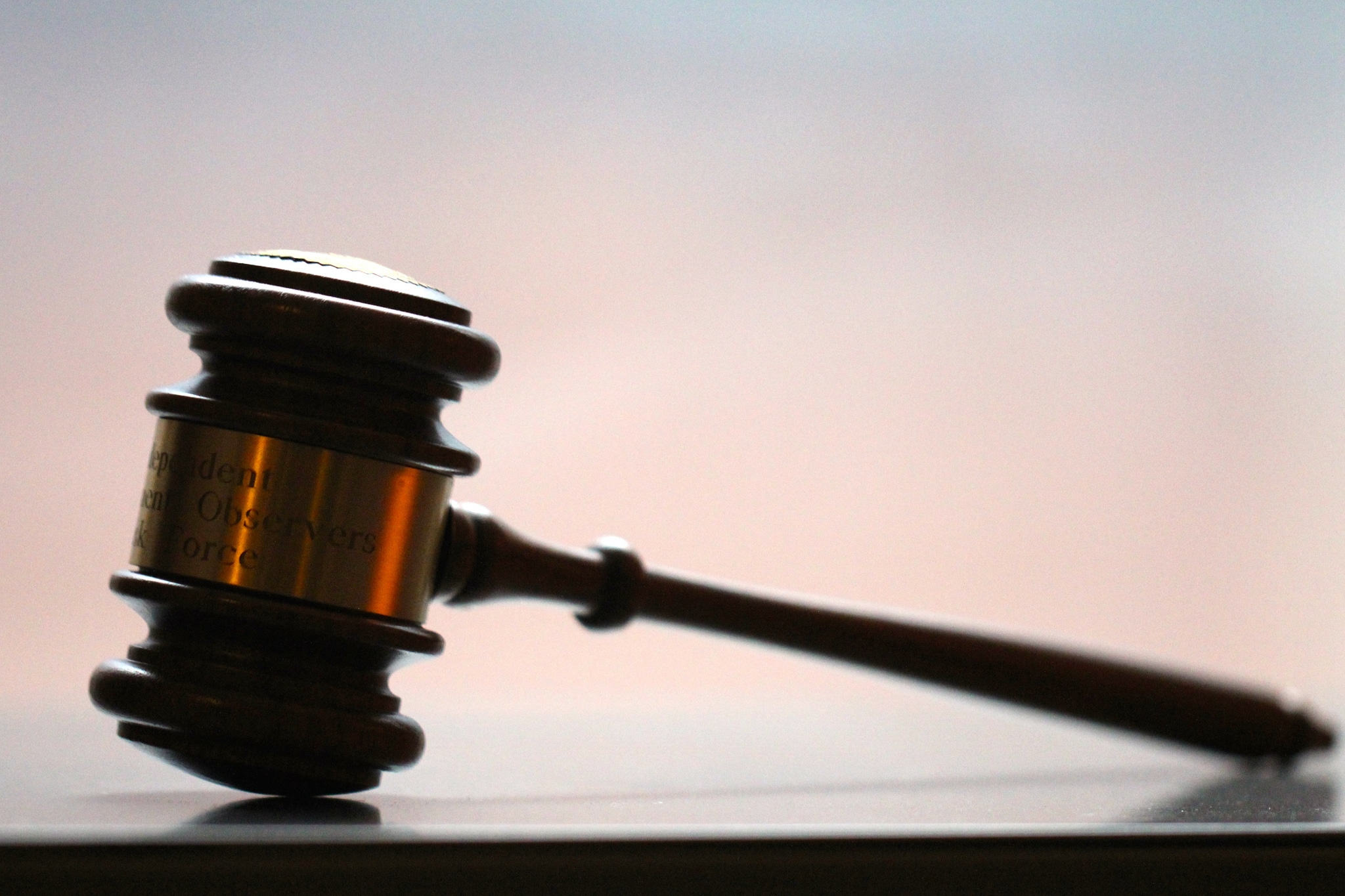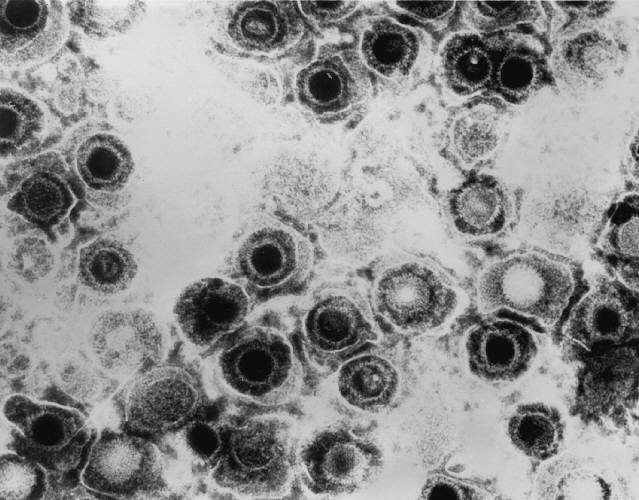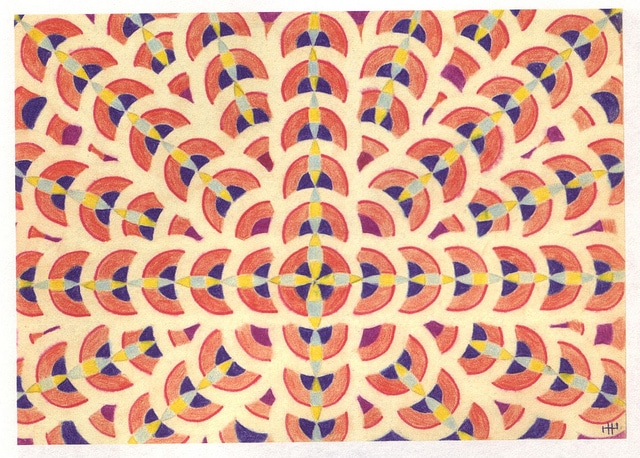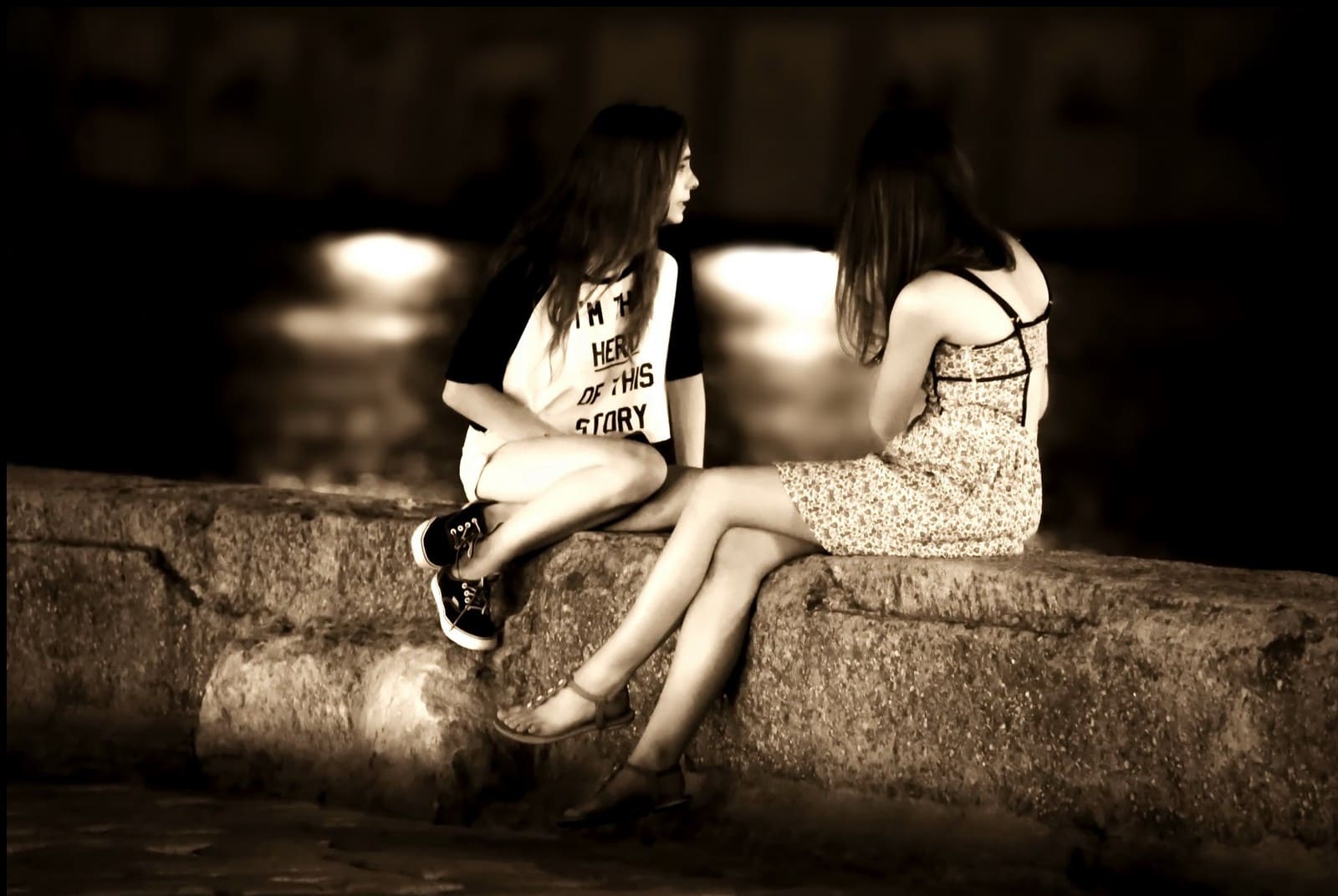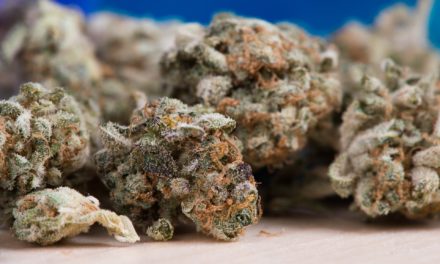
Psychedelics are largely illegal today in the United States, but their legal status hasn’t always been cut and dry. | Image Source: Flickr User danxoneil
Are psychedelics legal? The answer to that question is yes, no, sometimes, depending, and maybe. Their legal status is ever-evolving around the world, and, so far, there’s no global consensus about how these visionary substances should be legally treated. While one might be free to imbibe any psychedelic of your choosing in one country, doing the same thing in a different country could land you in jail. Even within a single country such as the United States, laws around substances such as cannabis vary widely from state to state — what is legal in one state is still very much illegal the next state over. So how does one make sense of these divergent laws and why they are there in the first place? In what ways might these policies change in the future? And what does a culture’s legal classification of psychedelic substances say about its values?
The Roots of Fear and Misunderstanding
Psychedelics have a long and rich history of use in cultures across the globe for thousands of years, and our modern criminalization of them is a very recent development. Indigenous cultures like the Bwiti of Gabon and the Shipibo of Peru have used psychedelics continuously for generations, but Western modernized cultures lost touch with the value of psychedelics as a result of hundreds of years of colonialism sweeping across much of the world and repressing native practices. As psychedelics are known to be boundary-dissolving and to produce experiences that are often described as giving people direct contact with the divine, they tended to be frowned upon by the conquerors and missionaries who had very different sets of religious and social values. As such, much of the knowledge surrounding psychedelics was repressed and forgotten to the West until the mid-20th century when they made a large and unforgettable comeback.
The US and the War on Drugs
When psychedelics were first rediscovered by modern Western culture, they were eagerly investigated by scientists and psychologists for their potential uses in treating addiction, studying schizophrenia, and much more. Scientists like Stanislav Grof and Humphry Osmond pioneered the fields of psychedelic-assisted psychotherapy and addiction treatment. Cultural icons like Timothy Leary held studies like the Good Friday Experiment that attempted to show that psychedelics like psilocybin could reliably produce mystical experiences in people.
As the 1960s came about, however, the genie got out of the bottle, and psychedelics such as LSD, mescaline, and psilocybin mushrooms became popular amongst the counterculture movement. This led to a strong backlash from legal authorities that resulted in criminalizing psychedelics and lumping them with with highly-addictive drugs such as heroin and cocaine. This “War on Drugs” began with Richard Nixon’s 1971 Drug Abuse Prevention and Control report to Congress put a stop to most psychedelic research for many decades and was the originating source of many of the deeply ingrained stigmas that surround psychedelic drugs. To this day, substances like marijuana, LSD, MDMA, peyote, and psilocybin are still federally classified as Schedule I substances, which are defined as having a high potential for abuse and no medical value.[1.“Code of Title 21 Regulations — Food and Drugs — Chapter II — Part 1308: Schedules of Controlled Substances,” US Food and Drug Administration, accessed December 11, 2015, https://www.accessdata.fda.gov/scripts/cdrh/cfdocs/cfcfr/CFRSearch.cfm?CFRPart=1308.] Psychedelic research from recent years, however, shows that psychedelics provide a spectrum of medical benefits and are safe to use with proper care and guidance. The classification of psychedelics as Schedule I substances seems all the more baffling considering drugs like cocaine and methamphetamines are categorized as less dangerous, Schedule II substances.
It’s only now, fifty years later after the backlash of the 60s, that we are beginning to see the pendulum swing back in the other direction as marijuana legalization slowly spreads across US states, and restrictions against scientific research into psychedelics are beginning to ease. In addition to that, religious groups like the Native American Church and União do Vegetal have solidified their rights to use the psychedelic sacraments of San Pedro cactus and ayahuasca within US borders for religious purposes.
Psychedelics Around the World
Drug laws vary wildly from country to country, but there are some notable examples of decriminalization that bear mentioning:
- In 2001, Portugal effectively decriminalized all drugs in the face of a growing HIV epidemic, and since then has seen drug-related deaths, HIV infection rates, drug use among young people, and imprisonment rates decline.[2.“14 Years After Decriminalizing All Drugs, Here’s What Portugal Looks Like,” Policy.Mic, February 11, 2015, https://mic.com/articles/110344/14-years-after-portugal-decriminalized-all-drugs-here-s-what-s-happening#.Rd1KFXsvI.]
- In 2000, the psychedelic shrub iboga — a central part of Gabonese Bwiti culture — was declared a national treasure by the Republic of Gabon.
- In 1992, ayahuasca and its constituent plants were removed from Brazil’s list of illegal drugs after an investigation that found ayahuasca had positive effects on its population.
- In 2008, Peru declared ayahuasca a “fundamental pillar” of their native people and enshrined its legal status in that country.
- In 2015, Canada’s new Prime Minister elect Justin Trudeau announced that he would be seeking rapid legalization of cannabis. If it happens, that would make Canada the first G7 country to legalize the plant.
Hints of an Imminent Paradigm Shift
Perhaps most encouraging for those who value the many therapeutic benefits of psychedelics is a recent revealing from Virgin founder Richard Branson who went public with a leaked version of a UN Office on Drugs and Crime (UNDOC) document that, when released, would encourage governments around the world to decriminalize all drugs and take a harm reduction approach to drug addiction rather than a punitive one. This document, which is assembled by the United Nation’s highest worldwide drug authority, cites numerous reasons for suggesting this radical shift to world governments and makes a very strong case for the benefits it would have for health and human rights.
While the story of psychedelic substances’ legal status in the past century is quite an erratic one, signs are pointing to a new day for our cultural appreciation of psychedelics. Thanks to the efforts of dedicated advocates and pioneering researchers, both the US and the rest of the world is steadily coming to grips with the incredible potential that psychedelic medicines have and reconciling the fact that prohibition of substances is never an ideal solution.

